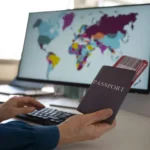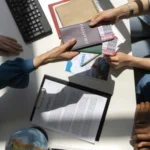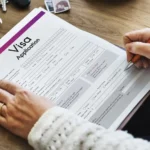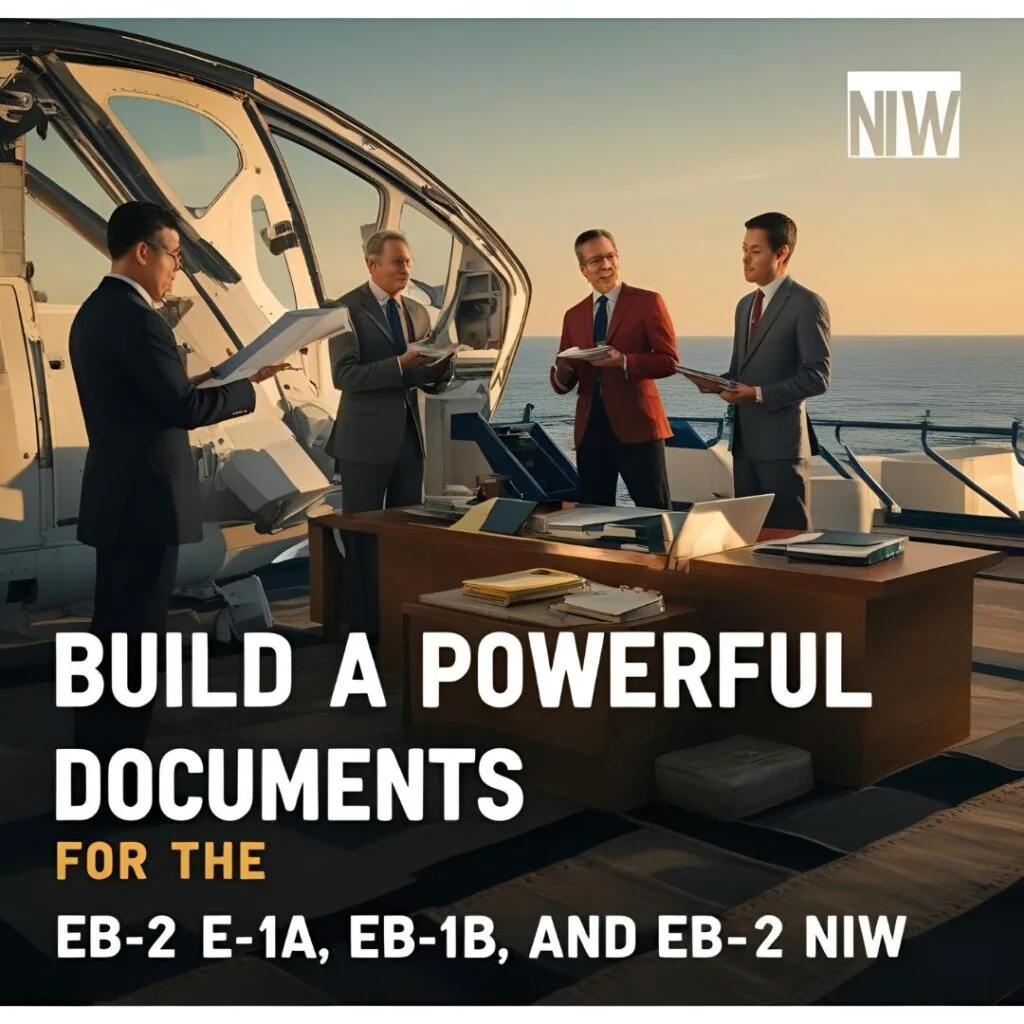The EB-1A (Extraordinary Ability)
Those who excel in their field and possess exceptional talent fall under the EB-1A category. Without an employer sponsor, you can self-petition, but you’ll need to prove that you’ll stay in your field of expertise.
But success depends not only on your credentials—it relies on how you document your case.
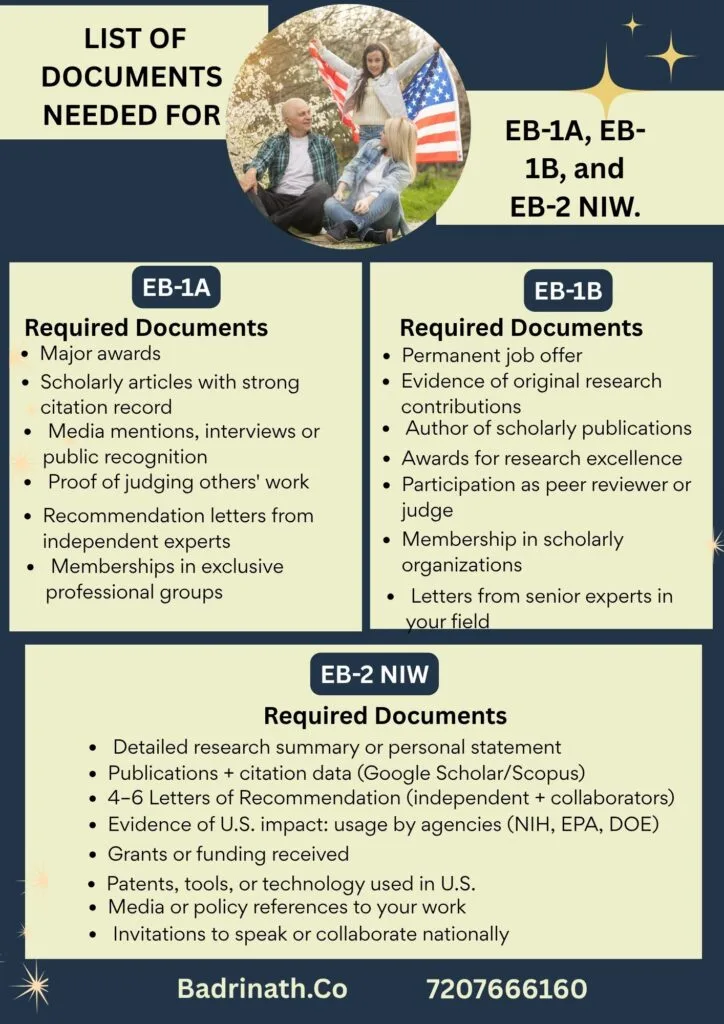
Evidence that is required (must meet at least three of the following requirements):
- Awards/Prizes: Proof of honors or awards for achievement that have been acknowledged nationally or globally.
- Professional Associations: Proof of membership in organizations that demand exceptional performance
- Media Recognition: Information about you that has been published in reputable journals or significant media
- Judging Experience: Evidence that you have evaluated the work of others in your profession is known as judging experience.
- Original Contributions: Proof of significant original scientific, scholarly, or commercial contributions
- Scholarly Articles: Evidence of authorship in prestigious trade journals or professional publications
- Art Exhibitions: Proof of artwork on display in exhibitions for artists.
- Leadership Roles: Documentation of performance in leading/critical roles for distinguished organizations
- High wage: Proof that one commands a high wage in comparison to others in the field, as well as
- Commercial Success: Evidence of performing arts business success, if any
The EB-1B (Outstanding Professors and Researchers)
Unlike the EB-1A, this category requires employer sponsorship from a university or private employer with an established research department.
Evidence that is required (must meet at least two of the following requirements):
- Academic Recognition: Proof of significant honors or medals for exceptional research
- Professional Association Membership: Proof of enrollment in organizations that demand exceptional performance
- Published Content: Articles on your work that have been written by others
- Judging Experience: Evidence of reviewing the work of others in your field
- Original Research: Recording of first-hand academic or scientific findings
- Scholarly Authorship: Proof that a book or article was written by an academic
Additional Requirements:
- Evidence of at least three years of research or teaching experience
- An employment offer from an eligible employer
The EB-2 NIW (National Interest Waiver)
The NIW allows you to self-petition without labor certification by demonstrating your work is in the national interest.
Required Evidence (must satisfy three criteria):
- Substantial Merit and National Importance:
- Research that advances scientific knowledge
- Evidence of the possible national influence of your work and also
- Evidence of how your field benefits the United States
- Well-Positioned to Advance the Proposed Endeavor:
- Educational credentials and qualifications
- Skills and record of success in your field
- Progress toward your proposed endeavor (business plans, funding)
- Interest from others in your work (letters of recommendation)
- Patents, publications, or citations
- Beneficial to the United States to Waive Requirements:
- Evidence why job offer/labor certification is impractical and also
- Documentation showing U.S. would benefit from your continued work
General Filing Requirements for All Categories:
- Form I-140: Generally immigrant Petition for Alien Worker
- Filing Fee: Current USCIS filing fee
- Personal Documents:
- Copy of passport biographical page
- Copies of previous U.S. visas and I-94 records
- Updated resume or CV
- If Adjusting Status in the U.S. (Form I-485):
- Form I-485 with filing fee
- Form I-693 Medical Examination
- Two passport-style photographs
- Birth certificate
- Form I-765 (for work authorization) if desired
- Form I-131 (for advance parole) if desired
Keep in mind that your petition for any of these categories can be greatly strengthened by the inclusion of compelling letters of support from acknowledged authorities in your industry.
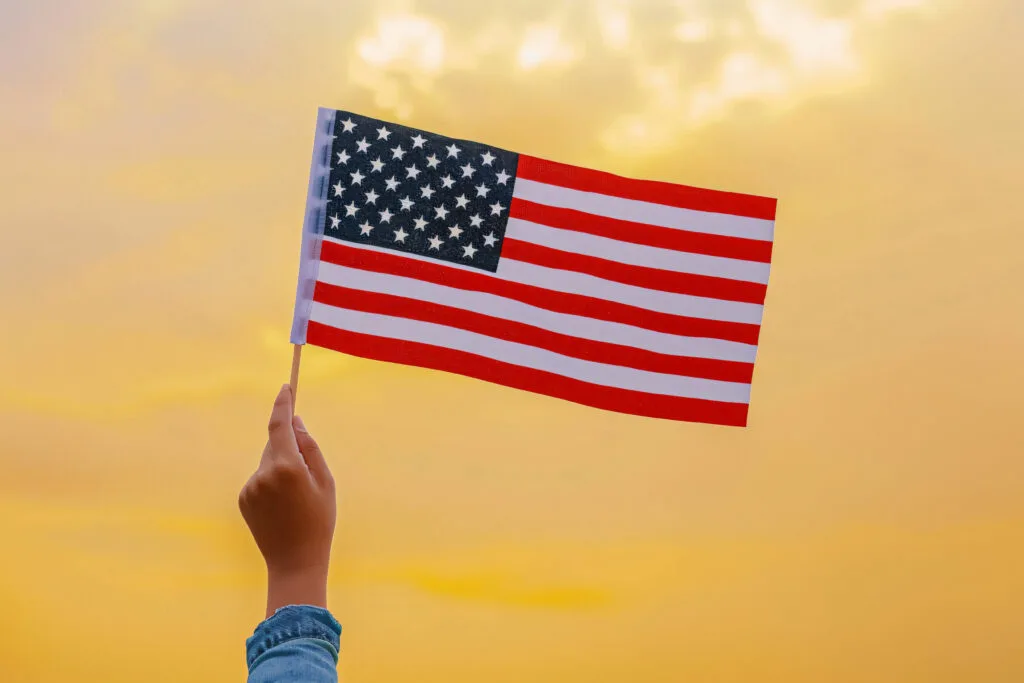
Concluding remarks
A strong petition depends on carefully chosen paperwork that highlights your qualifications and national-level impact, regardless of whether you are applying under the EB-1A, EB-1B, or EB-2 NIW. Additionally, make sure your reference letters highlight your contributions, strategically arrange your documents, and support them with quantifiable data.
Seek advice from an immigration lawyer who specializes in academic and STEM-based petitions if you’re unclear about how to compile or format your supporting documentation.
Keywords
- The EB-1A document checklist
- EB-1B required documents
- EB-2 NIW supporting evidence
- USCIS petition documents for researchers
- National Interest Waiver documentation
- Reference letters for the EB-1A
- Green card for researchers and scientists
- How to build EB-1 case file
- EB-2 NIW for PhD holders
- Academic immigration petition USCIS
Read More About the Topic
External Links
Self Petitioned Green Cards: EB-1A and EB-2 NIW
Internal Link
Writing an Effective Personal Statement for a Researcher’s EB-1/EB-2 Petition


